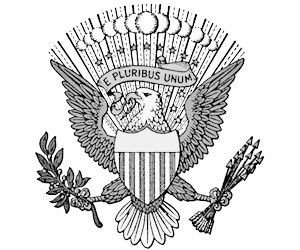|
Bayard Rustin organized the massive March on
Washington in just eight
weeks. It was the largest demonstration ever seen
in the nation's capital and was supported by over
250,000 people.
10 Demands of the March on Washington
Bayard Rustin read the
following words of the 10 Demands of the March on Washington
on August 28, 1963.
The 10
Demands of the March on Washington
1. Comprehensive and effective civil
rights legislation from the present Congress — without
compromise or filibuster — to guarantee all Americans:
• Access to all public accommodations
• Decent housing
• Adequate and integrated education
• The right to vote
2. Withholding of Federal funds from all programs in
which discrimination exists.
3. Desegregation of all school districts in 1963.
4. Enforcement of the 14th Amendment — reducing
Congressional representation of states where citizens
are disfranchised.
5. A new Executive Order banning discrimination in all
housing supported by federal funds.
6. Authority for the Attorney General to institute
injunctive suits when any Constitutional right is
violated.
7. A massive federal program to train and place all
unemployed workers — Negro and white — on meaningful and
dignified jobs at decent wages.
8. A national minimum wage act that will give all
Americans a decent standard of living. (Government
surveys show that anything less than $2.00 an hour fails
to do this.)
9. A broadened Fair Labor Standards Act to include all
areas of employment which are presently excluded.
10. A federal Fair Employment Practices Act barring
discrimination by federal, state, and municipal
governments, and by employers, contractors, employment
agencies, and trade unions.
Facts about the
March on Washington
|

